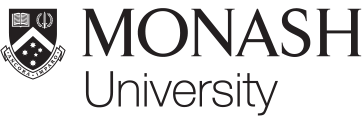Congrats Jamie and the international team on awarded funding for an 8-year research programme from global charitable foundation Wellcome Trust.
A team led by Professor Graham Ogg, Deputy Director of the MRC Translational Immune Discovery Unit (TIDU) and Leader of the Translational Dermatology Unit, alongside Professor Jamie Rossjohn (Monash, Australia and TIDU Affiliate member), Professor Branch Moody (Harvard, USA), Professor Muzlifah Haniffa (Newcastle) and Professor Gurdyal Besra (Birmingham), have received a Wellcome Discovery Award to investigate how immune cells […]

